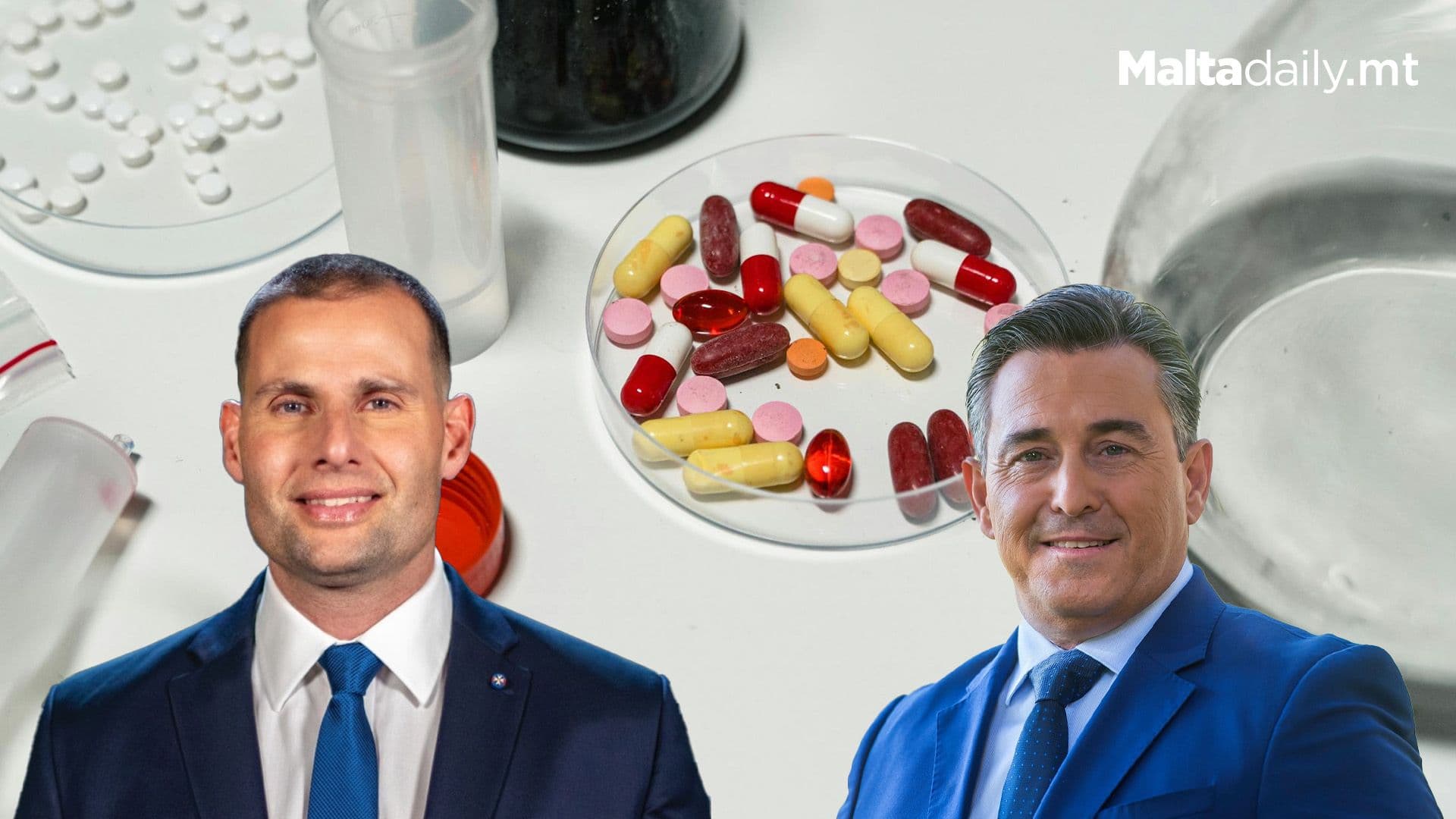Malta’s Drug Reform Debate: Clash of Perspectives and Public Consultation

Malta finds itself at the centre of a heated debate over proposed drug reforms, as Prime Minister Robert Abela defends the government’s efforts to modernise drug laws. Meanwhile, the Nationalist Party voices strong opposition, highlighting concerns that the reforms may be granting leniency to drug traffickers.
Justice Minister Jonathan Attard initiated a public consultation process, deeming the proposed reforms a “courageous step toward a fairer society.” The draft law, shaped through collaboration with stakeholders such as the judiciary, probation and parole boards, and healthcare institutions, seeks to strengthen existing legislation with a focus on human considerations and efficiency.
Among the primary proposals are an increase in the composition of the Drug Offenders Rehabilitation Board, clearer criteria for converting a court into a drugs court, and the introduction of non-jury trials for serious drug offences. The reform also contemplates allowing prison inmates caught with drugs, while serving time, to qualify for rehabilitation rather than automatic re-imprisonment.
However, the Nationalist Party strongly opposes the proposed changes, asserting that the government is categorising those caught with significant amounts of drugs as victims rather than traffickers. The party argues that the suggested limits—such as 500 ecstasy pills, 200 grams of heroin or cocaine, and 500 grams of cannabis—may inadvertently favour traffickers over victims.
Prime Minister Abela defends the reform, emphasising that it aims to provide the courts with more options to handle cases appropriately. Abela criticises what he perceives as a misinformation campaign by the Nationalist Party, asserting that the penalty for drug trafficking remains life in prison, and a white paper has been published to engage the public in constructive discussions.
The government contends that the reform offers flexibility to the courts, allowing them to consider circumstances such as rehabilitation when adjudicating cases involving possession of certain drugs. Abela acknowledges ongoing discussions with Caritas, an organisation deeply involved in assisting drug addiction victims, to ensure the reforms align with societal expectations.
Photo Source: MART PRODUCTION
#MaltaDaily


